SV interviewed by SCMP PostMag, re: his 50 years of battling Hong Kong’s criminal underworld
Steve Vickers’ 50 years of battling Hong Kong’s criminal underworld
The cop-turned-security consultant on a life of fighting crime in Hong Kong – from investigating tycoon Teddy Wang’s death to dealing with corporate crime
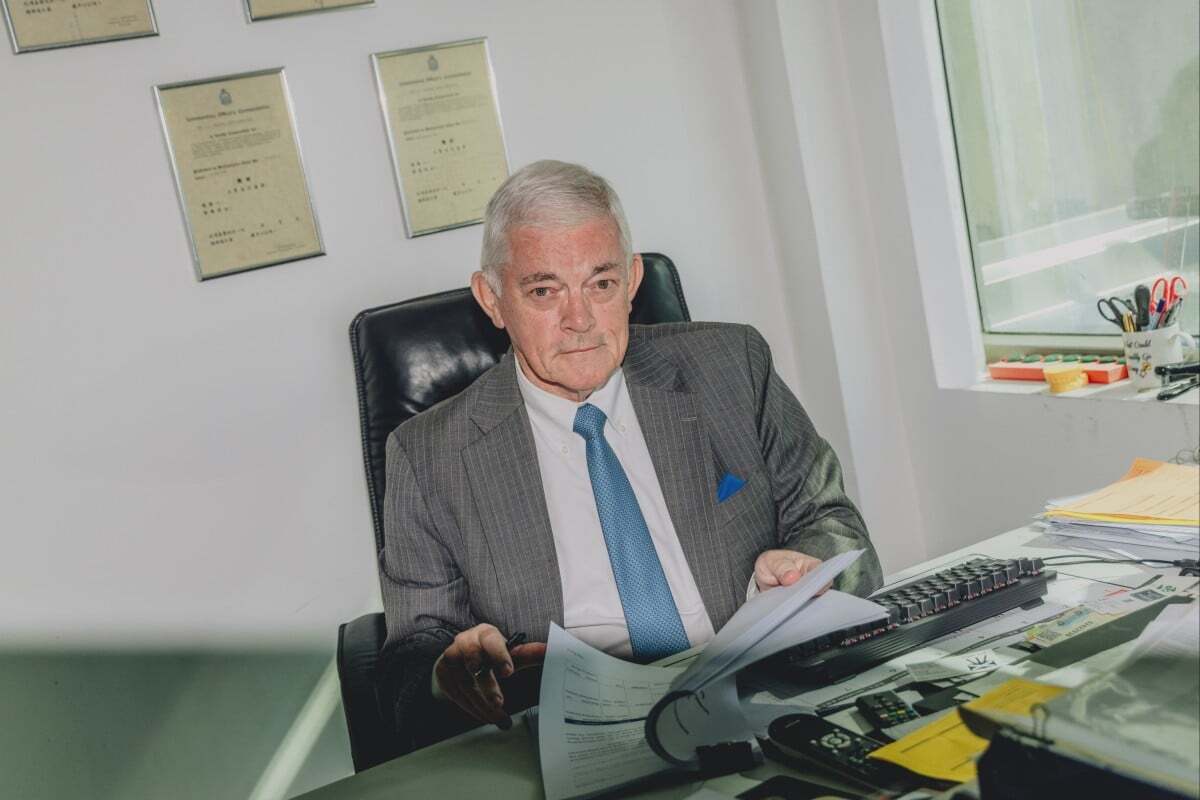
I WAS BORN in 1955, in Liverpool’s Sefton General Hospital. I grew up on the Wirral (in northwest England). My dad was in the Royal Air Force and after that he was a chemical engineer with Dunlop. They used to make golf balls and things. I know that because we had golf balls all over the house. I have a sister and a brother.
When I was 13, I went to Wellington School (a private day school) and I spent a lot of time studying all the wrong things. I joined the Army Cadets at a young age. I enjoyed rugby and running around. I did a lot of shooting and shot on a lot of teams. I messed around a bit studying languages and then I was hired in a management-training position by a large retail outfit. As I hate shops very deeply, I decided this was perhaps not for me.
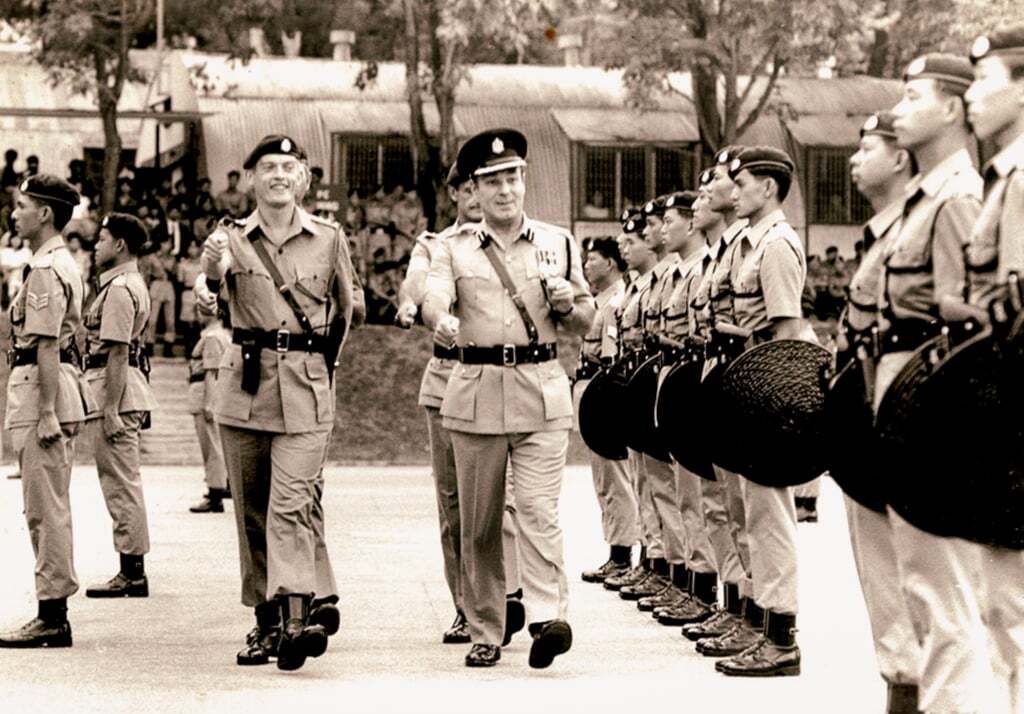
THERE WAS A job advert for the Royal Hong Kong Police in The Sunday Times. It was just at the time the ICAC (Independent Commission Against Corruption) had been established (in 1974). They were rejigging the police force and the civil service in general. I was lucky; I was the right age, at the right time, with some vaguely appropriate qualifications. So I decided to go to Hong Kong on a two-year contract. That was 50 years ago.
I was scooped up into police training in February 1975. It was traditional training for the next nine or 10 months, and two months of Cantonese. The study of the law was quite intense. You needed to cram, and there was lots and lots of physical training. I came out of training and was sent off (as a young inspector) to Kowloon City, which in those days included the Kowloon Walled City. All sorts of things went on there.
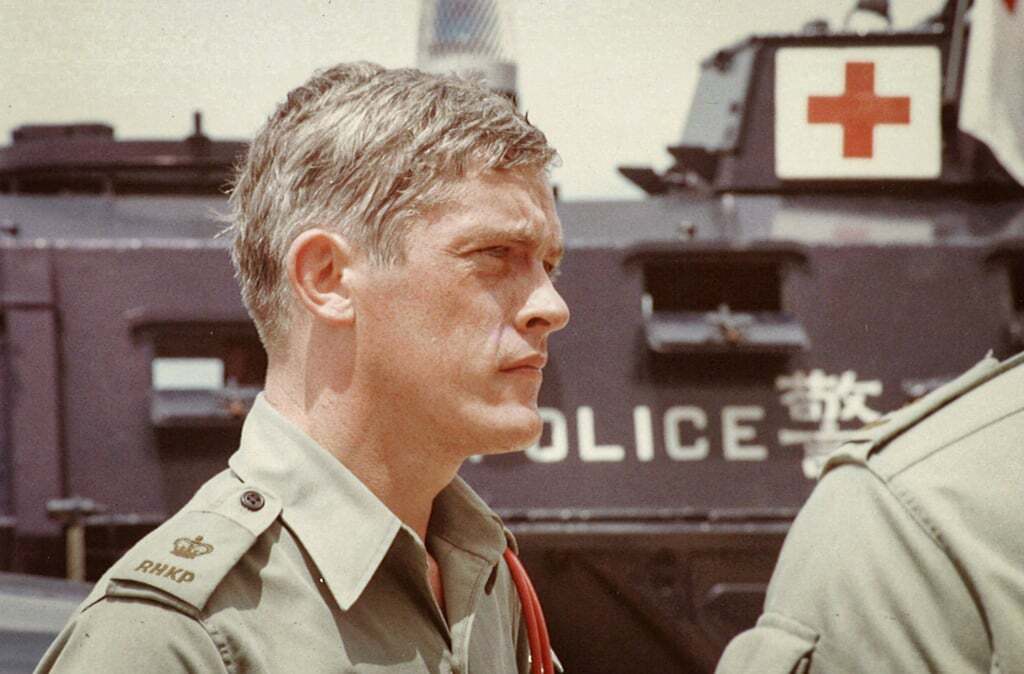
I GOT INTO trouble quite quickly. A policeman working for me gave me some good information as to a substantial drug location, so I decided, being young and keen, that we would go for it without telling too many other people. We climbed up the side of a building into what we were expecting to be a fourth-floor dive, but it turned out to be a proper drug storage centre run by some unpleasant-looking bods. So, we had a fairly aggressive punch-up. Anyway, we got it done, seized quite a lot of drugs and paraphernalia.
I thought this was good all round and I was waiting to get the commendations and the medals that go with that, only to find that I had upset everybody. The local police, the local vice, the local regional whatever, and the narcotics bureau all came to talk to me individually to tell me how bad it was and that I mustn’t do stuff like that ever again. So that was the end of my Kowloon City career and I was then sent to the airport (at Kai Tak) for a while. I was the inspector in charge of airport security.
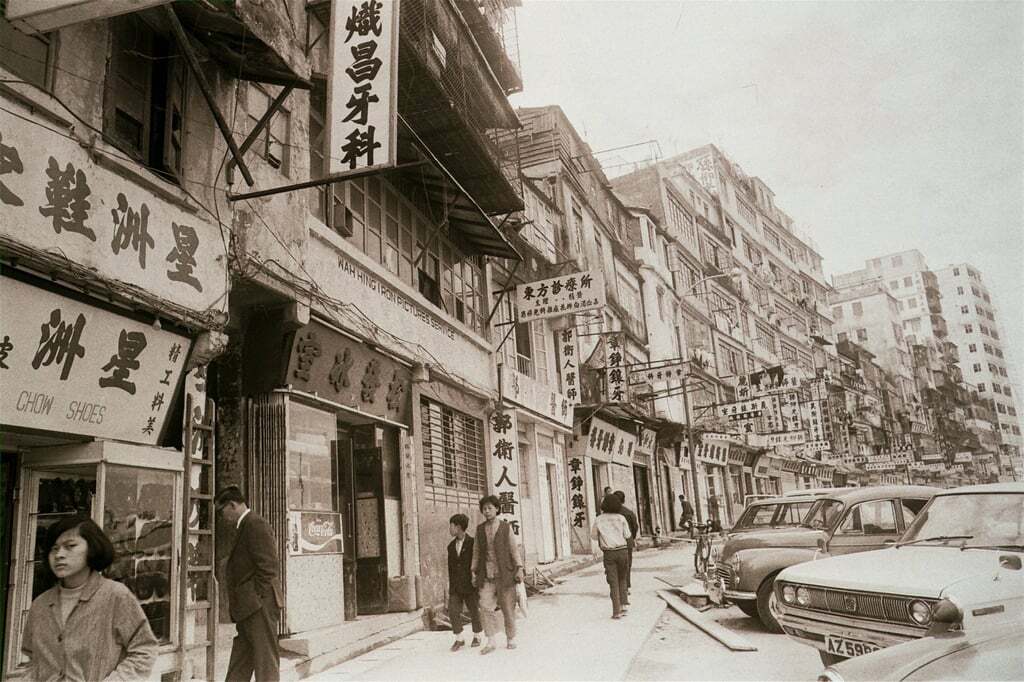
LATER, I WENT BACK to Kowloon City and then on to the regional crime unit dealing with homicides and armed crime. Things in those days, still in the late 70s, were pretty cool. But the economy wasn’t great in mainland China. A lot of criminals came down on the trains, Wuhan guys in particular, bringing weapons with them. Things got bad. Triad groups became significantly active and there were armed jewellery heists and kidnappings. With the regional crime squad and the assistance of the Criminal Intelligence Bureau, I handled quite a few kidnapping cases involving children.
The typical case in those days would involve some disaffected business associate of the family deciding to snatch a child, typically a boy. The boy would be snatched outside, on his way to or from school. And then the game was on. Sometimes it didn’t go right. On one particular occasion, the kidnappers were recognised by the victim and they decided on the spot that they weren’t going to let him go. But overall we were pretty successful.
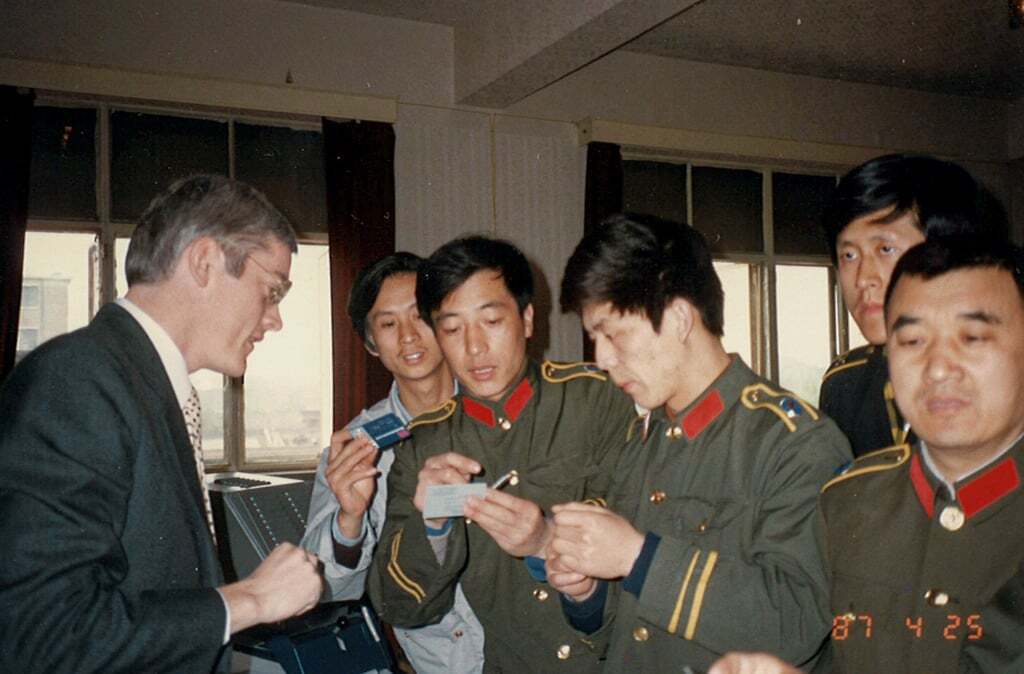
AFTER I LEFT the regional crime squads, I took over the counterfeit and forgery division of the Commercial Crime Bureau. They had a special division run by a superintendent, that was me, that looked at counterfeit renminbi and US dollar notes. That was a very interesting job. The syndicates were sophisticated, often Fujianese people, and they had a lot of printing expertise. I was a designated liaison officer with the United States Secret Service, which has a division that, apart from protecting the president, also protects the currency for reasons that I have no idea why that is, but it was.
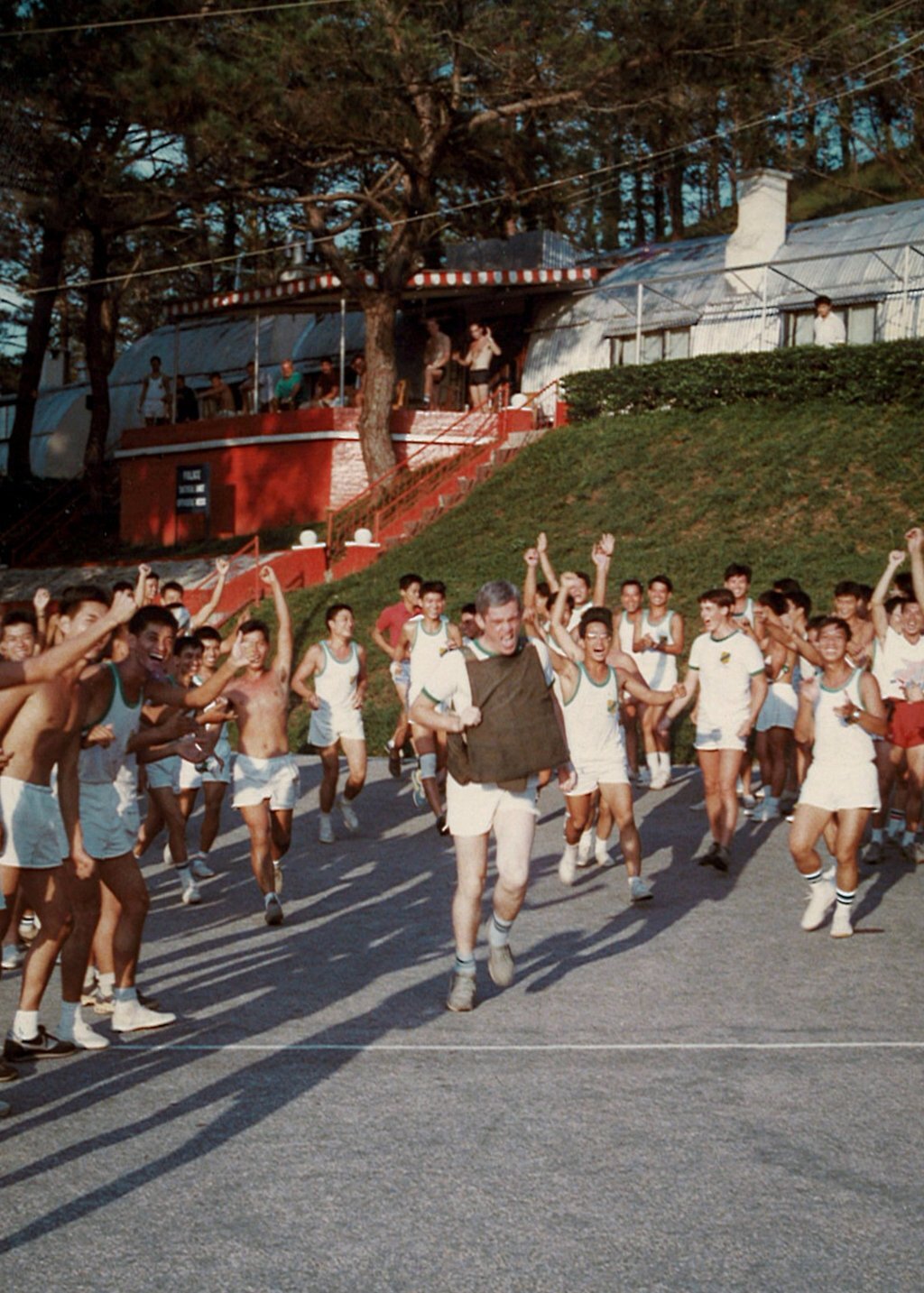
The (second) kidnapping of tycoon Teddy Wang happened in 1990, when I was in command of the Criminal Investigation Bureau. We found out that Teddy was not only gone, but that his Mercedes had been fished out of the harbour. And that Nina Wang, his wife, had been trying to negotiate. The ransom demand was US$60 million. I’d had a bad feeling from the beginning. We got all the guys and nearly all of the money back. To this day I’m not sure whether they ever intended for him to come back alive.
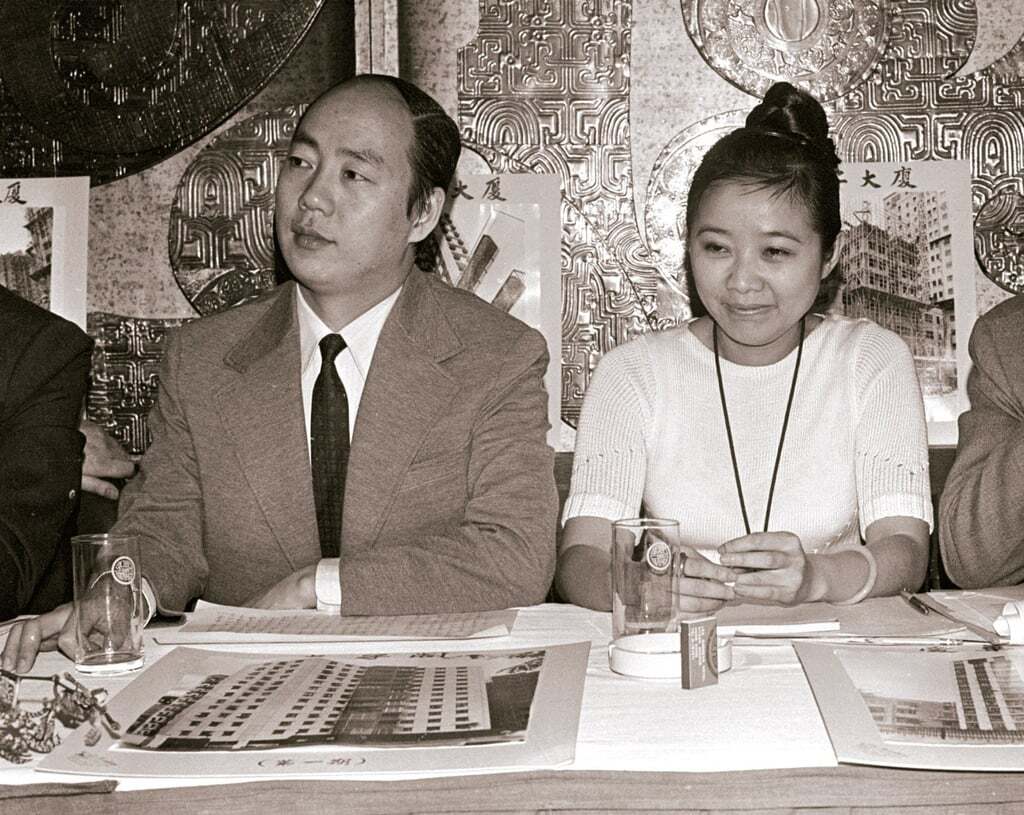
I GOT MARRIED in 1985 and was married for 25 years. I have a daughter. In 1993, I had done my 18 years and was about to be moved from head of Criminal Intelligence to something more boring, so I moved to the private sector. A former colonel from the SAS (Special Air Service) was running Kroll, an American financial and risk advisory firm, and I became the head of operations for Kroll in Asia. That May, 188 women burned to death (in a factory in Thailand). We did an independent investigation. I brought in forensic experts and others to find out what had happened. That was the worst case I’ve investigated in the private sector.
After six years, I moved to PriceWaterhouseCoopers. They asked me to set up an Asian risk business for them, covering investigations, white-collar crime, data forensics and that sort of stuff, with a view to supporting their accounting clients. After two years, I did a management buyout and bought the consulting arm of PwC. We had four weeks to move out, create a company, invent a name, keep the thing running and get funding. It was quite a ride.
Our work has all been supporting victims of crimes or companies that have been the victims of crimes or companies that are in civil dispute with each other. After six years, we were approached by a major listing company, FTI, which made an offer to buy us, and I saw it as an opportunity.
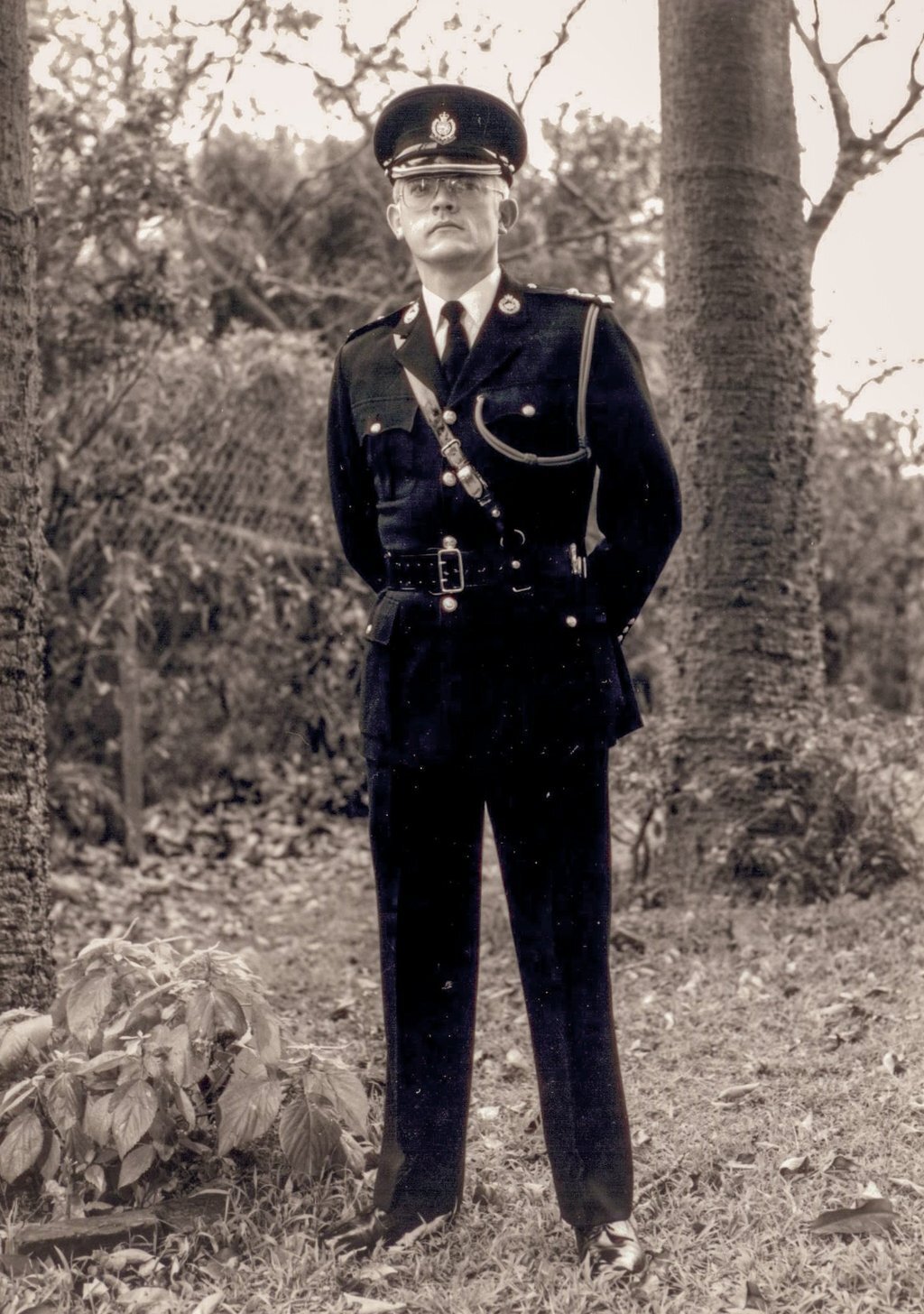
I DID THAT for four years and then decided I would retire, went to Penang for the weekend where I rearranged my stamp collection. I went to the bar twice and decided it was not quite for me. So, I came back out and established Steve Vickers and Associates. I’ve got a Labrador, and I like hill walking; I do a lot on Lantau. I do some regular pistol shooting. Hiking in Hong Kong is fantastic. It’s one of my favourite things.
This interview has been edited and condensed for clarity
